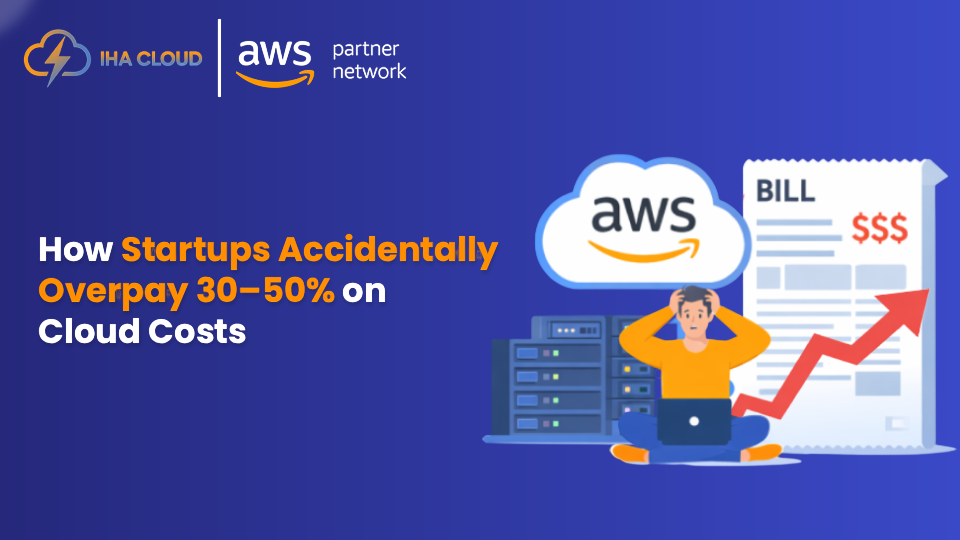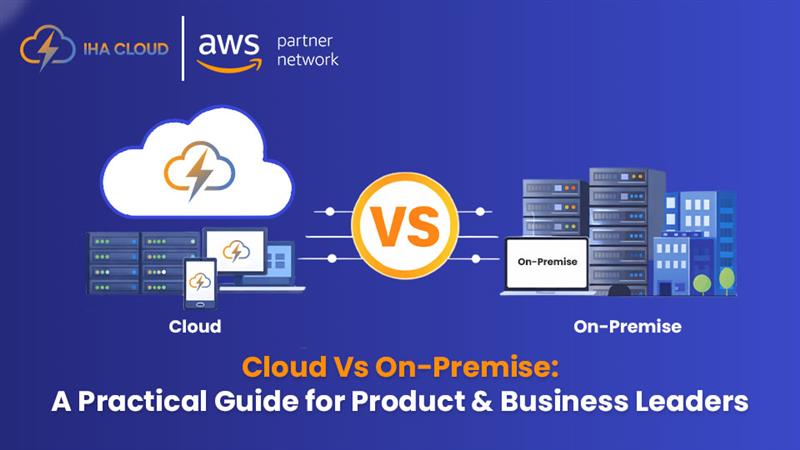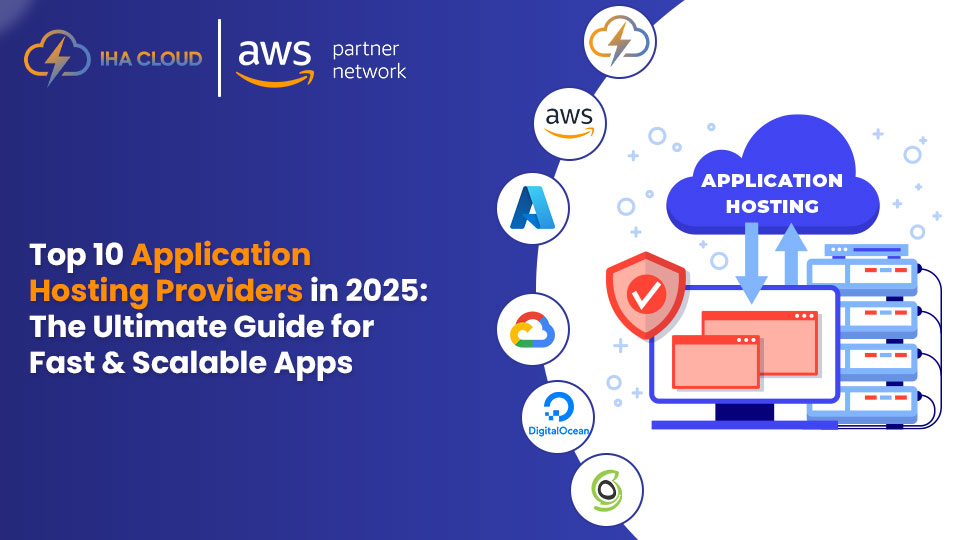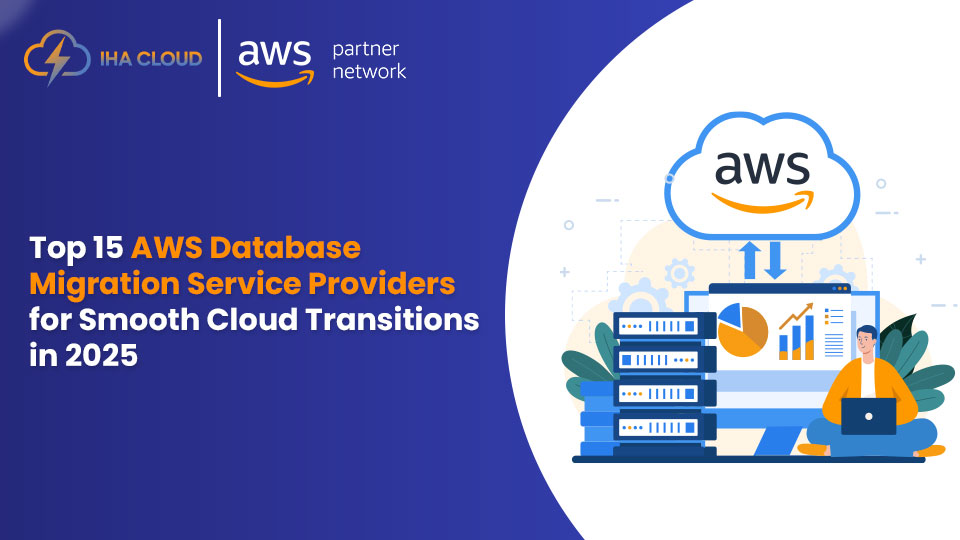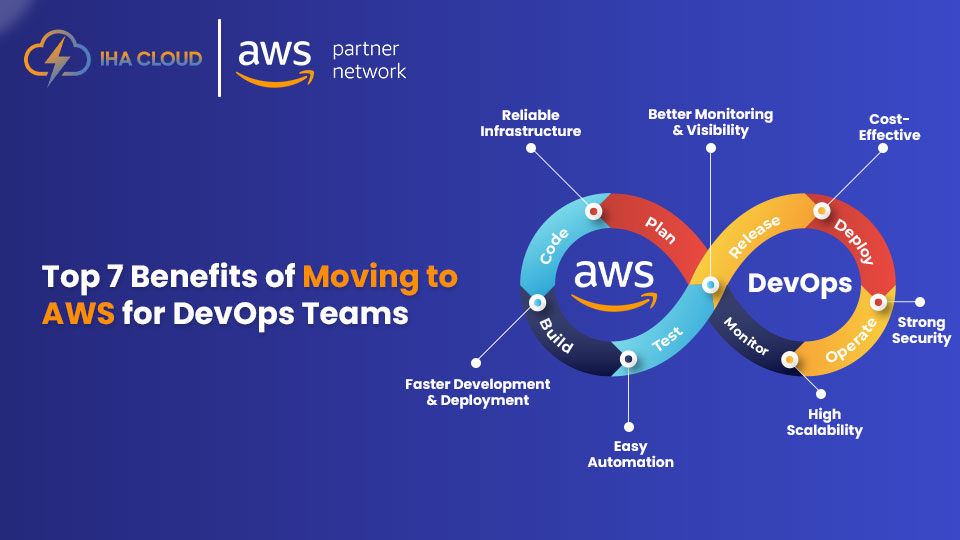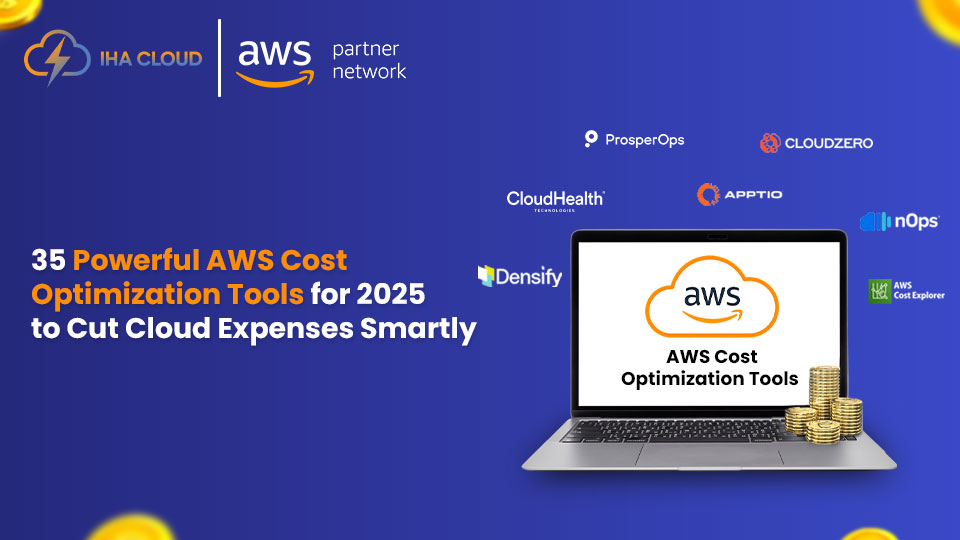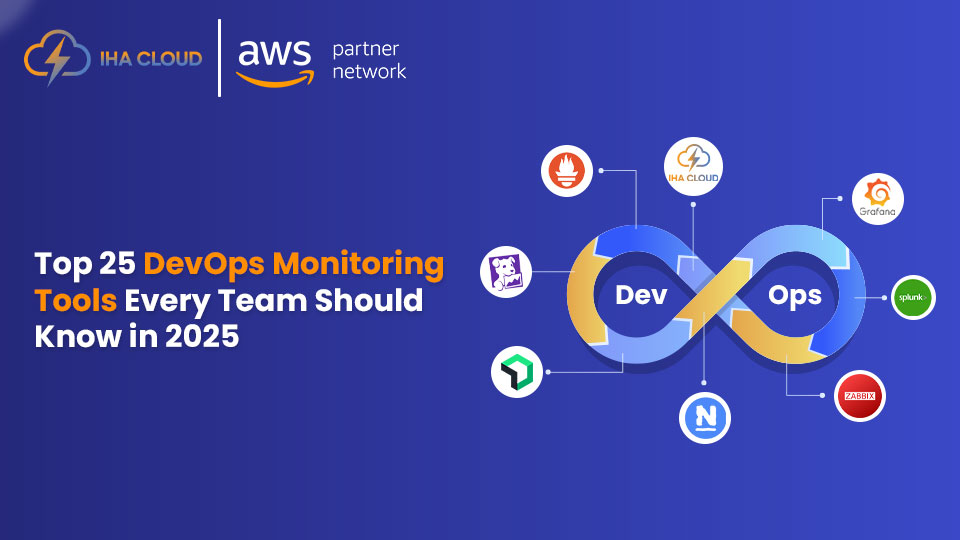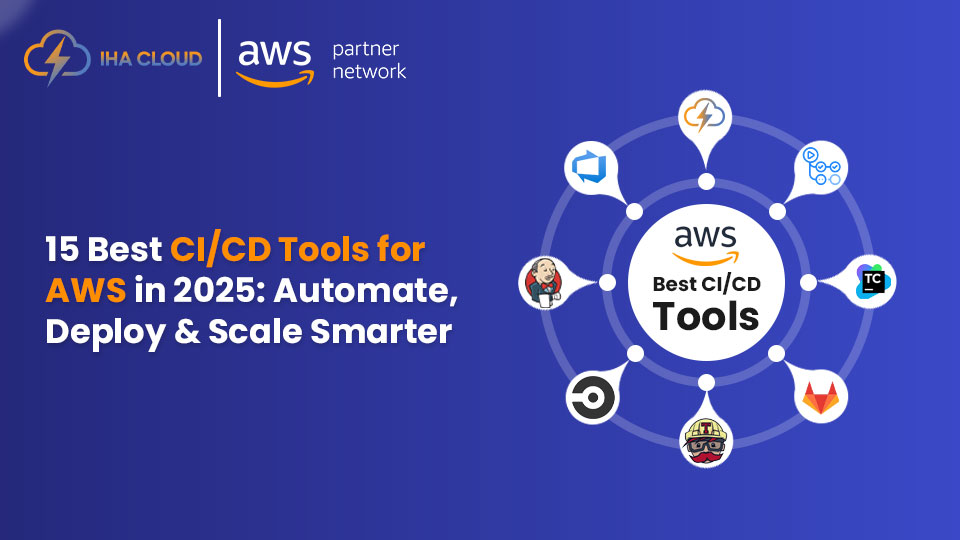In today’s fast-paced digital world, businesses in India are increasingly moving to the cloud to improve efficiency, scalability, and security. Choosing the right cloud service provider is critical for seamless operations, data management, and digital transformation. From startups to large enterprises, every organization requires a reliable cloud partner that can support growth, innovation, and cost-effective solutions. India’s cloud market has grown rapidly, with numerous providers offering advanced computing, storage, networking, AI, and analytics solutions. Whether you are looking for enterprise-grade infrastructure, hybrid cloud capabilities, or developer-friendly platforms, the options are vast and varied. To help businesses make informed decisions, we have curated a list of the 20 Best Cloud Service Providers in India for 2025, highlighting their features, benefits, and ideal use cases. From IHA Cloud, which tops our list for its reliability and scalability, to global giants like AWS, Microsoft Azure, and Google Cloud, this guide covers the leading providers shaping India’s cloud ecosystem. Quick Comparison: 20 Best Cloud Service Providers in India No. Cloud Provider Key Features Ideal Use Cases 1 IHA Cloud AWS partner, DevOps, CI/CD, 24/7 support Web hosting, database migration, cost optimization 2 AWS India Global infrastructure, scalability, security Enterprise cloud migration, big data analytics, AI/ML apps 3 Microsoft Azure India Hybrid cloud, AI & analytics tools, multi-language support Cloud app development, hybrid IT, SaaS deployment 4 Google Cloud India AI/ML tools, big data analytics, high-speed global network Machine learning, big data, cloud-native apps, enterprise workloads 5 IBM Cloud India Hybrid cloud, AI integration, enterprise-grade security, global reach Enterprise apps, AI analytics, blockchain, hybrid IT 6 Oracle Cloud India High-performance compute, managed databases, strong security, ERP integration Database hosting, ERP deployment, cloud-native apps 7 VMware Cloud India Virtualization, hybrid cloud, enterprise security, disaster recovery Virtual machines, hybrid IT, workload migration 8 Alibaba Cloud India AI & big data, secure infrastructure, scalable, cost-effective E-commerce platforms, big data analytics, AI apps 9 DigitalOcean India Developer-friendly, scalable droplets, simple deployment, affordable Web apps, cloud-native apps, containerized workloads 10 Linode India Predictable pricing, high-performance VMs, security, developer-friendly Web hosting, app development, cloud infrastructure for SMBs 11 Rackspace Technology India Multi-cloud management, expert support, security, scalable Managed hosting, enterprise migration, multi-cloud strategy 12 Salesforce Cloud India CRM-focused, AI-powered insights, integration capabilities, scalable Customer management, marketing automation, enterprise SaaS 13 Zoho Cloud India Productivity suite, seamless integrations, secure, cost-effective Business management, CRM, team collaboration 14 VMware vCloud India Virtualization, hybrid cloud, security, disaster recovery Hybrid IT, virtual machines, enterprise workloads 15 Netmagic Cloud (NTT Ltd.) Managed services, secure, scalable, high availability Enterprise hosting, migration, disaster recovery 16 Huawei Cloud India AI & big data, scalable, secure, innovative Cloud-native development, AI apps, big data analytics 17 TCS Cloud India End-to-end cloud solutions, hybrid/multi-cloud, security, governance Cloud migration, hybrid IT, digital transformation 18 Wipro Cloud India Cloud advisory, modernization, managed services, multi-cloud App modernization, enterprise migration, multi-cloud strategy 19 HCL Technologies Cloud India Cloud consulting, AI automation, hybrid/multi-cloud, security Hybrid IT, digital transformation, AI-driven cloud management 20 Tech Mahindra Cloud India Industry-specific solutions, cloud migration, AI & IoT integration Industry apps, digital transformation, managed cloud services Here is the detailed description of the 20 Best Cloud Service Providers in India 1. IHA Cloud – Best Cloud Service Provider in India IHA Cloud is one of India’s fastest-growing cloud service providers, offering reliable, scalable, and secure cloud solutions for businesses of all sizes. It focuses on providing enterprise-grade infrastructure while maintaining cost-effectiveness for startups and SMEs. Key Features: Use Cases: Hosting enterprise applications, website hosting, virtual desktops, and cloud storage solutions. 2. Amazon Web Services (AWS) India AWS is a global cloud leader with a strong presence in India. It offers a wide range of services including computing power, storage, databases, and AI/ML solutions. AWS is known for its reliability, innovation, and global reach. Key Features: Use Cases: Enterprise cloud migration, big data analytics, AI-powered applications, and e-commerce platforms. 3. Microsoft Azure India Microsoft Azure is a preferred choice for businesses looking to integrate cloud solutions with Microsoft products like Office 365, Dynamics 365, and Teams. Azure provides hybrid cloud solutions for seamless integration with on-premises infrastructure. Key Features: Use Cases: Cloud app development, hybrid IT solutions, data analytics, and enterprise SaaS deployment. 4. Google Cloud Platform (GCP) India GCP provides robust cloud infrastructure with advanced AI, ML, and data analytics tools. It focuses on delivering high-performance computing resources for startups and large enterprises alike. Key Features: Use Cases: Machine learning projects, big data analytics, cloud-native application development, and enterprise workloads. 5. IBM Cloud India IBM Cloud offers enterprise-focused cloud solutions with a strong emphasis on hybrid cloud and AI-powered services. It is ideal for large organizations looking for secure, scalable, and intelligent cloud infrastructure. Key Features: Use Cases: Enterprise applications, AI-driven analytics, blockchain solutions, and hybrid IT environments. 6. Oracle Cloud India Oracle Cloud is known for its database-as-a-service offerings and robust cloud infrastructure. It is ideal for enterprises that rely heavily on databases and ERP solutions. Key Features: Use Cases: Database hosting, ERP deployment, cloud-native application development, and data analytics. 7. VMware Cloud India VMware Cloud specializes in virtualization and hybrid cloud solutions. It enables businesses to migrate and manage workloads securely across private and public cloud environments. Key Features: Use Cases: Virtual machine hosting, hybrid IT infrastructure, enterprise workload migration, and cloud resource optimization. 8. Alibaba Cloud India Alibaba Cloud is a fast-growing provider in India, offering a range of cloud services including computing, storage, networking, and security solutions. It is particularly popular among e-commerce and tech startups. Key Features: Use Cases: E-commerce platforms, big data analytics, AI-powered applications, and scalable web hosting. 9. DigitalOcean India DigitalOcean is a developer-friendly cloud provider that focuses on simplicity, scalability, and affordability. It’s widely used by startups and small to medium-sized businesses for deploying cloud applications quickly. Key Features: Use Cases: Hosting web applications, cloud-native apps, developer environments, and containerized workloads. 10. Linode India Linode is a reliable and cost-effective cloud platform that offers virtual servers, storage solutions, and networking services for businesses

